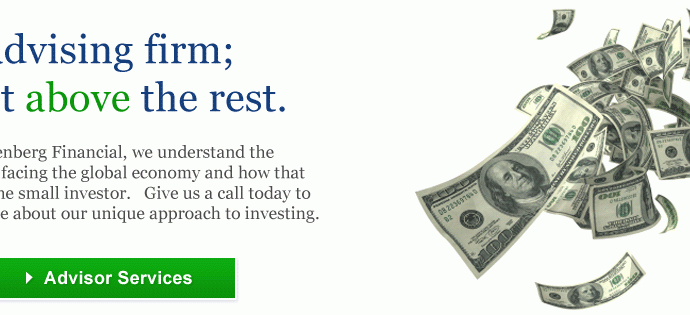I’ve long known that the mainstream media carries a particular bias, but that bias has never been more evident than the reporting of the British exit from the European Union. I watched the Sunday morning network news programs and was shocked to see only proponents of staying in the EU being interviewed and providing commentary on the panels. Have you ever seen a losing team or campaign get 100% media coverage? Nice win LeBron, but we’d rather talk to Golden State.
The talking points out of the media were laughable. Instead of talking about the historic vote of independence by 52% of the U.K., they allege that there is widespread voter remorse and if given another chance, the vote would be different. Rubbish!
Probably the most blatantly absurd narrative pushed forward by the mainstream media is how they are blaming the Brexit vote for a failing stock market. This kind of nonsense shows a lack of understanding in how markets are valuated in the long run. The vote last week did not all of the sudden make companies less profitable, so the large drop in stocks on Friday are nothing short of irrational fears by investors. Which if you have a bullish attitude of the domestic and European stock markets, I’d suggest you start picking up some shares at sale prices.
The European Union is a colossal failure on many fronts, but I’ve been a critic based off of 1) my disdain for governance at a level far removed from those being governed and 2) a failed experiment of fiscal and monetary centralized planning. The United Kingdom (or what may soon just be England) is far better off by itself than being part of the sinking ship known as the EU. In the long run, British markets will favor this move.
Imagine if this September as the fiscal year comes to an end in Washington, Congress and the President miraculously become fiscally disciplined and actually balance a budget. To those unaware of federal finances, this equates to reducing $500 Billion in spending in one year. How would the stock market react? Is stopping the debt train really a negative thing for the prospects of our economy? Of course not; and neither is Brexit. So we shouldn’t pay too close attention to the immediate trading days following the vote (BTW – The Dow Jones closed up 270 points on Tuesday)
My clients are well aware of my gloomy talk about the near future. We have an economy addicted to artificially low interest rates by the Fed and a ballooning national, state & local debt problem that leaves us incredibly vulnerable to massive defaults during the next business cycle bust. Across the pond, the EU already has negative interest rate government bonds and countries like Greece and Spain are financial trainwrecks.
The reason we have such poor prospects for the near future is because during the Great Recession, central planners and bankers around the world did exactly the opposite of what they should have done. Instead of enduring the short term pain of a hangover, the central planners gave the drunken economy more booze. The Federal Reserve increased its balance sheet five fold in a matter of a couple years and rates dropped to all-time lows. Debt and monetary tinkering is not a recipe for prosperity!
It’s important for people to understand these issues because when the next financial disaster occurs, the media will surely point to Brexit as the cause. Instead of blaming the impending financial disaster on the ECB (European Central Bank) and EU fiscal policies, they will say Brexit created the instability that led to current economic problems. They will say “in this global economy”, what happened in Europe affected the U.S. economy as well.
The U.K. is far better off without the EU dragging them down. They will remain a key economic power around the world and a large trading partner with the United States. I applaud the British voters who did what was right and voted for their independence. Perhaps countries like France will follow their lead.
Jake Duesenberg
Sample of media report:







